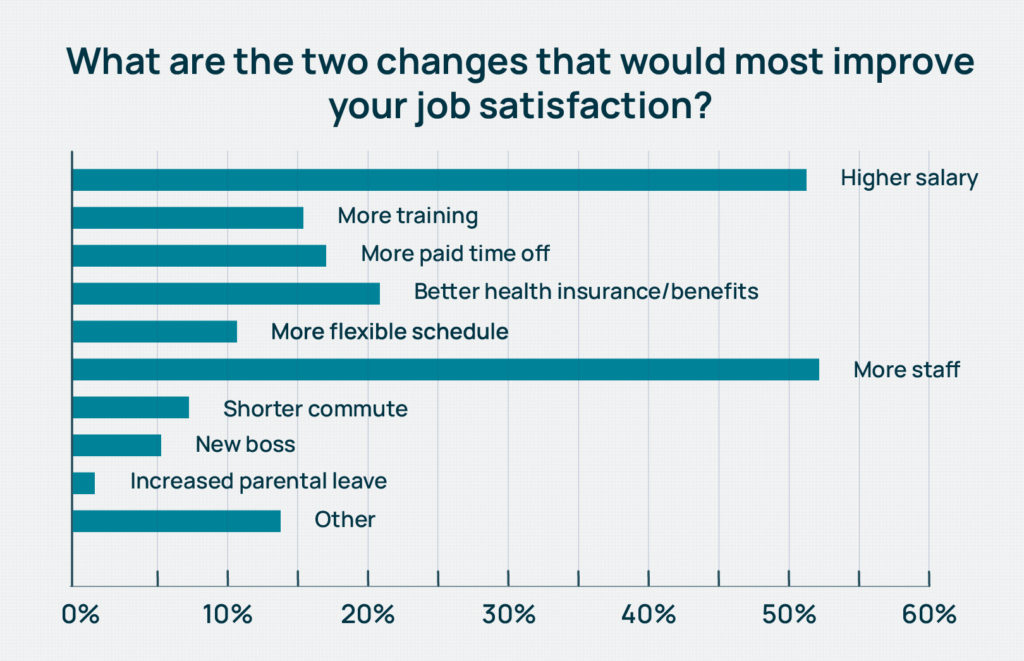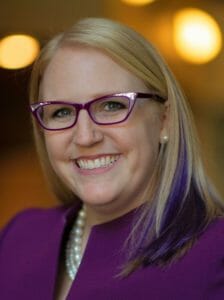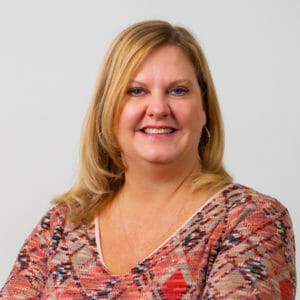
More staff edged out higher salary as the No. 1 way to increase job satisfaction among nurse leaders and administrators in the 2022 McKnight’s Mood of the Market survey.
Few other options aside from improved benefits would drive overall satisfaction higher, the poll of nearly 750 directors of nursing, assistant directors of nursing and administrators found.
More than half ( 52%) of survey-takers said they would choose more staff as one of two biggest satisfaction drivers. While that was the first choice, it was down significantly from 2021’s 59%. The second-place 2022 choice was higher salary at 51% of respondents — a nearly 10-point jump since the 2021 survey.
When broken out by category, more nurse leaders chose higher salary (53%) to more staff (52%); the preference was flipped among administrators, who chose more staff most often (52%) and higher salary second most (50%).

“We’re seeing nursing homes give raises, market adjustments pretty much across the board but even with those higher salaries, they still cannot fill all of their positions,” Matt Leach, a compensation associate with Total Compensation Solutions, told McKnight’s Long-Term Care News. “I don’t think there’s an end in sight. Employees see that, and that’s the biggest issue.”
Others’ predictions about workers flooding back into LTC settings once the economy cools may not come to fruition, and that uncertainty feeds a cycle in which workers clamor for more help as more jobs are posted and left unfilled, Leach said.
The American Health Care Association last week reported that it would take nursing homes four years to regain all of their lost jobs at the current hiring rate, and without any significant intervention.
Big ‘Walk-Out’ projected
Data for the fourth annual Mood of the Market survey was collected through email solicitations over a two-week period spanning late July and early August.
Most of the workers surveyed said they feel they have at “some” or “a lot” of latitude at work (90%), are valued by their colleagues (82%) and have good or excellent opportunities to advance their careers (56%).
But COVID-19 continues to wreak havoc on staying power: More than 43% said the pandemic has made them more likely to leave their profession. After two-plus years of sacrificing personal time, navigating changing rules and wearing PPE on every shift, many are now ready to consider a career change.

“What we’re seeing from the DONs and administrators, they’re just saying, this isn’t sustainable, what I’m doing right now,” said Cara Silletto, founder and chief retention officer at HR firm Magnet Culture. “The organizational leaders are not making enough changes to help me. Yes, they’re adjusting comp as best they can, but they’re not even keeping up with inflation, they’re not taking things off my plate.”
Listen to the latest McKnight’s Newsmakers Podcast to hear more Cara Silletto on what could be ahead in building leader labor woes.
Following the mass exodus of the Great Resignation, she’s forecasting the “Great Management Walk-Out” as more leaders tire of “new normal” workloads. Despite mounting evidence of frustration among leaders, Silletto said she still hears about providers delaying advertising — or choosing not to hire at all — when people quit positions without regulatory implications.
Missing positions?
When it comes to support in the workplace and advancing their careers, administrators in particular expressed more concern.

About 63% of nurses said they trusted their direct supervisor to provide them with opportunities to advance their careers. That number fell to 57% among administrators. Both categories were down, 3% for nurses and just over 1% for administrators, compared to last year.
Silletto said they may be frustrated by ongoing corporate decisions, sometimes made by providers who have been out of the field for years and don’t understand increased patient complexity or ongoing pandemic pressures.
She also noted that many envisioned finishing their careers as administrators — a perspective that makes the number of those willing to leave the profession even more concerning. Organizational leaders need to take demands for more staff seriously, she added.
“If they are telling you that they need more staff, it’s not just to fill the open positions,” Silletto said. “Are you by chance, or have you in the last five years, not replaced people who left? Have you asked any of your leaders to just absorb more responsibilities when people have walked away?”
Among the many missing positions, Silletto pointed to the virtual disappearance of assistant DONs or assistant administrators from organizations that used to have them. She recommended bringing those positions back to larger buildings or hiring retention specialists or hiring support.
Seeking satisfying solutions
Signature HealthCare has kept its assistant DONs at all buildings, in addition to trainers and other unit heads who serve nurse leader roles. Chief Nursing Officer Barbara Revelette told McKnight’s earlier this month that the company will be focusing on recruiting and retaining more DON and related staff over the next 12 months.
It includes a DON council that will convene in-person meetings and try to address areas where managers feel squeezed.

“It’s listening. It’s being with them. I need to see how they’re trained, what their competencies are, to be able to truly develop and retain and also provide the best quality of care to our residents,” Revelette said.
And, indeed, training factored into job satisfaction movement for DONs in the Mood of the Market survey. After salary and staffing, rounding out the top choices were better health insurance or benefits; more training or learning opportunities; and more paid time off.
Matt Stokes, a compensation analyst with Total Compensation Solutions, said it was important to consider the age and market of employee groups when trying to assess the meaning of falling interest in benefits. Just over 25% of nurses asked for better insurance or other benefits this year; last year that figure was close to 27%.
“When you’re talking from the nurse’s point of view … it’s just gotten so expensive to live where they really need that cash in hand as soon as they can get it, and they’re willing to forgo anything in benefits, retirement just to get more cash upfront so they can afford their monthly bills,” he said.
Among administrators, the top five wants list was rounded out by better health insurance or benefits; more paid time off; and a more flexible schedule.
Among administrators and nurses, nearly 15% wrote in other ways that would improve satisfaction. Many revealed they feel unable to leave work for long, asking to “use the PTO I have,” “being able to take time away from work” and “not being on call EVER AGAIN.”
“We have to look at how and what our DONs are doing,” Revelette noted. “We have to provide that work-life balance and for them to feel like there are other nurse leaders in the building that we have trained to do some of those tasks.”
Another for corporate and organizational leaders that outrank administrators and DONs from Leach: Use your own vacation to help building staff avoid burnout.
“Does the CEO take time off, or the executive director? If not, it can be sending the wrong message that you can’t either. Then it becomes that having the PTO is sort of a demotivator.”
Read more about how nurse leaders and administrators view the meaningfulness of their work in the first installment of this year’s Mood of the Market series.




